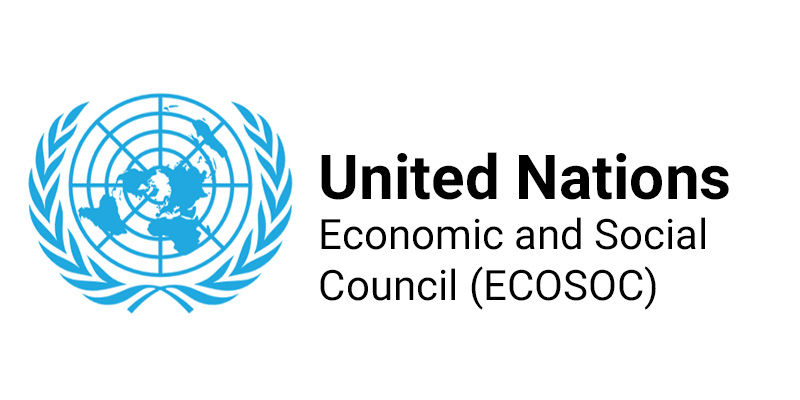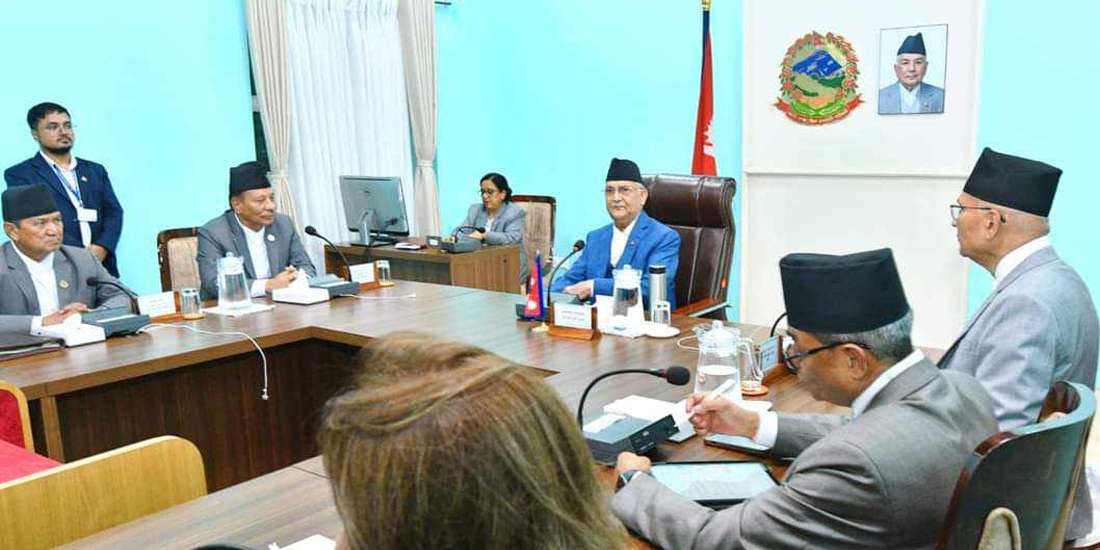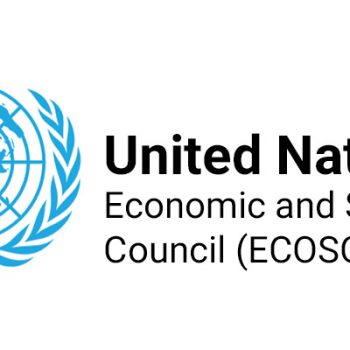The Quest for New Horizons: Understanding Why Nepali Youths Seek Opportunities Abroad

In recent years, Nepal has experienced a significant surge in the number of young individuals leaving their homeland in pursuit of opportunities abroad. This trend raises questions about the underlying reasons driving this mass exodus.
Over the past decade, there has been a substantial increase in the number of Nepali youths seeking opportunities abroad. According to data from the Department of Foreign Employment, the number of Nepali individuals leaving the country for employment purposes rose from 429,000 in 2015 to 597,000 in 2020, indicating a growing trend of young people venturing overseas.
In 2022, an estimated 500,000 Nepalis left the country to work or study abroad, representing a significant increase from the 200,000 Nepalis who left the country in 2010.
Popular destinations for Nepali youths seeking opportunities abroad include countries like Australia, the United States, Canada, European nations, Qatar, Saudi Arabia, the United Arab Emirates, Malaysia, South Korea and Japan,. These countries offer a wide range of employment opportunities, quality education, and the prospect of a higher standard of living.
Motives behind going abroad
Nepali youths embark on journeys abroad primarily for three reasons: education, employment, and other purposes. Many students aspire to pursue higher education in prestigious international institutions, aiming to broaden their knowledge and gain exposure to global perspectives.
Regarding employment, the lack of suitable job opportunities, limited career growth prospects, and relatively low wages within Nepal often compel youths to seek better-paying jobs overseas. Other purposes may include opportunities for skill development, entrepreneurship, cultural exchange programs, and seeking a better quality of life for themselves and their families.
Social factors play a crucial role in Nepali youths’ decisions to go abroad. There is a prevailing social perception that acquiring an international education or gaining employment in foreign countries enhances an individual’s social status and prestige. Additionally, the influence of peer networks, family expectations, and societal pressure to succeed contribute to the allure of going abroad among Nepali youths.
Political instability, frequent changes in government, and a lack of effective governance in Nepal have left many disillusioned. The absence of a conducive environment for business, corruption, bureaucratic hurdles, and a perceived lack of political will to address these issues have fueled the desire of Nepali youths to seek stability and opportunities elsewhere.
Nepal’s economic challenges, such as high unemployment rates, limited job opportunities, low wages, and income disparities, prompt many youths to search for better economic prospects abroad. The remittances sent back by Nepali migrant workers have become a significant source of income for their families and contribute to the national economy. In 2022, remittances accounted for approximately 24 percent of Nepal’s GDP, showcasing the importance of overseas employment for the country’s economic stability.
Advancements in technology have opened up a vast array of opportunities, enabling individuals to work remotely or pursue careers in emerging fields such as information technology, software development, and digital marketing. The lack of adequate technological infrastructure, limited job opportunities in the tech sector, and the desire to be part of the global digital workforce motivate Nepali youths to seek opportunities abroad.
Impacts on the nation and society
The departure of a large number of Nepali youths has significant implications for various sectors within the country. The migration of Nepali youths abroad has a number of impacts on Nepal, both positive and negative.
Positive impacts
- Remittances:Nepali migrants send billions of dollars in remittances back to their families in Nepal every year. This remittances sent back by migrant workers serve as a lifeline for many families, contributing to poverty reduction and improved living standards. However, over-reliance on remittances can create economic vulnerabilities, as the country becomes dependent on external sources of income.
- Skills and knowledge:Nepali migrants bring back new skills and knowledge to Nepal, which can help to improve the economy and develop the country.
- Exposure to new cultures:Nepali migrants who return to Nepal can share their experiences with others, which can help to promote tolerance and understanding of different cultures.
Negative impacts
- Brain drains:The migration of young individuals often leads to a brain drain, depriving Nepal of skilled professionals and future leaders. The absence of educated and talented individuals can hinder social development and innovation within the country.
- Decreased labor force: The migration of Nepali youths abroad can also lead to a decrease in the labor force, as Nepal has fewer people available to work in the country. The loss of skilled workers and professionals creates a shortage of human resources in critical sectors, including healthcare, engineering, and education. This deficit can impede Nepal’s progress and hinder its ability to address societal challenges effectively.
- Increased social problems:The migration of Nepali youths abroad can also lead to increased social problems, such as family separation, crime, and drug abuse.
Measures to retain youths from going abroad
To retain Nepali youths and harness their potential within the country, concerted efforts are required from multiple stakeholders:
- Government: The government should prioritize job creation, foster a favorable business environment, promote entrepreneurship, invest in skill development programs, and ensure good governance. Effective policies should be formulated to address the issues that drive youths abroad and provide incentives for them to stay and contribute to the nation’s progress.
- Educational institutions: Nepali educational institutions need to enhance the quality of education, introduce relevant and market-oriented courses, establish partnerships with international institutions, and create opportunities for research and innovation. This would attract and retain talented students within the country.
- Society: Families, communities, and societal institutions should adopt a supportive mindset that encourages and values local talent. Celebrating success stories of those who have chosen to stay and make a positive impact in Nepal can inspire others to do the same.
- Corporate sector: Private companies and organizations should invest in youth development programs, provide competitive job opportunities, and foster a work culture that promotes growth, innovation, and leadership. They can collaborate with educational institutions to bridge the gap between industry requirements and academic curricula.
In addition to the measures mentioned above, the government can also take other steps to retain Nepali youths, such as:
- Making it easier for Nepali youths to study and work in Nepal:The government can make it easier for Nepali youths to study and work in Nepal by providing financial assistance, scholarships, and other supports. This will make it more attractive for Nepali youths to stay in the country and contribute to its development.
- Promoting social and economic equality:The government can promote social and economic equality by investing in education, healthcare, and other social programs. This will help to create a more just and equitable society, which will make it more likely that Nepali youths will have a bright future in their home country.
The desire of Nepali youths to explore opportunities abroad can be attributed to a combination of social, political, economic, and technological factors. The implications of this trend on Nepal are significant, affecting various sectors. However, by implementing measures to address the underlying reasons and creating a conducive environment for growth and development, Nepal can retain its talented youth and channel their potential towards nation-building. It requires collective efforts from the government, educational institutions, society, and the corporate sector to create a promising future for Nepali youths within their homeland.















